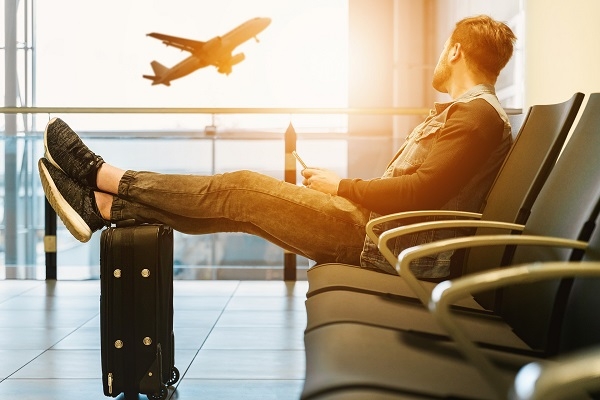Prevention of jet lag for overseas travel
overseas-trip jet-lag
Many people want to go abroad for the Lunar New Year's Day at 4:06 p.m.
Input the article.01.10>. Although the number of overseas travelers reached 28.7 million last year, many of them often suffer from jet lag.
Let's find out with the help of Professor Choi Ji-ho, head of the Sleep Medicine Center at Soonchunhyang University Bucheon Hospital, a good way to prevent jet lag before traveling abroad.
■ Traveller's ankle-catching jet lag, why does it occur?
The jet lag occurs when traveling more than two time zones by plane. In other words, it occurs when the local time of the arrival place and the biological time of the body are different. This is due to the fact that the local day and night cycles are different from the body's sleep-wake biological cycle.
Professor Choi Ji-ho explained, "The representative symptoms include insomnia that does not sleep well, severe drowsiness during the day, fatigue, decreased concentration, overall discomfort, headache, and gastrointestinal disorders."
Time is the best medicine for jet lag. In fact, over time, all symptoms caused by jet lag are resolved. In general, it takes about a day to adjust to a time zone. If you move in a seven-hour time zone, you need a seven-day adaptation period. However, if your stay is short or you have an important appointment, you should know how to prevent it.
 Third, you need to control your caffeine intake, which has an awakening effect. Caffeine is consumed during the day based on local time and caffeine is prohibited five to six hours before going to bed.
Third, you need to control your caffeine intake, which has an awakening effect. Caffeine is consumed during the day based on local time and caffeine is prohibited five to six hours before going to bed.Fourth, use light properly. Professor Choi Ji-ho said, "It is recommended to see the light from the morning when you go east (the direction of the United States), and to see it until late afternoon when you go west (the direction of Europe)."
Fifth, it is recommended to be active during the day as much as possible in the local area. Long naps should be avoided because they interfere with jet lag. In addition, eating regularly according to local mealtimes during the day helps you adapt to sleep-wake rhythm.
Lastly, it is also a good idea to take melatonin and sleeping pills if necessary. Taking melatonin and sleeping pills before going to bed based on local time helps you sleep. Professor Choi Ji-ho said, "It is better to discuss how to take it with a specialist before traveling," and stressed, "There are cases where you drink alcohol to fall asleep, which rather adversely affects your jet lag."
Health-oriented Jewish reporter [email protected]
I found a good article about how to adjust to the time difference and brought it here!
I hope it helps to start the travel season soon
358 2019-07-13 Lady